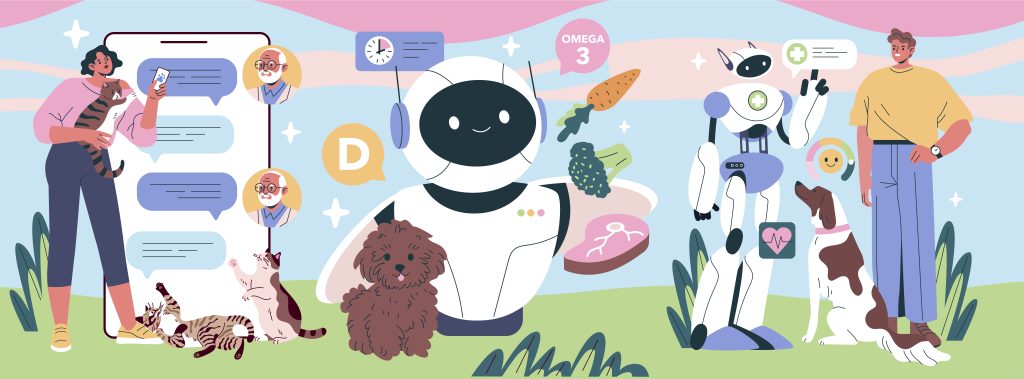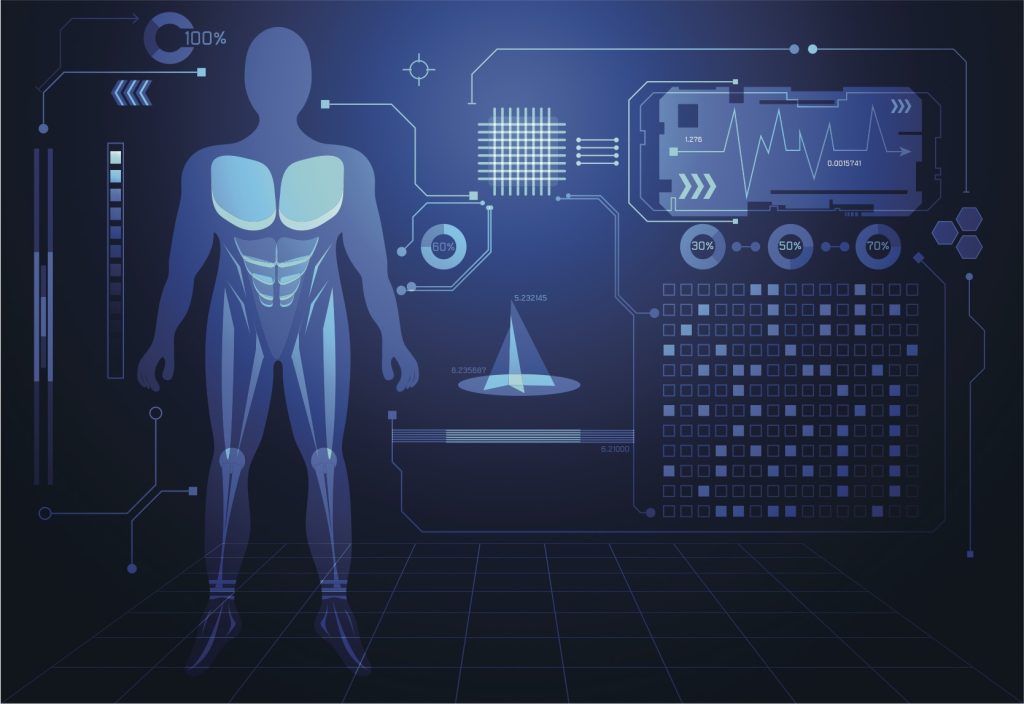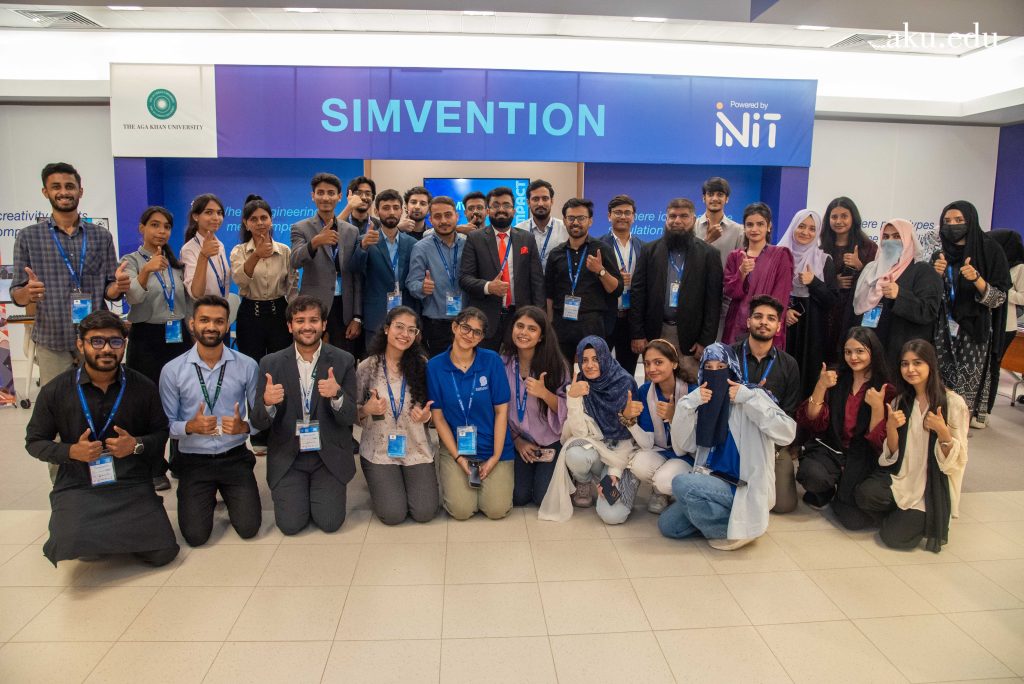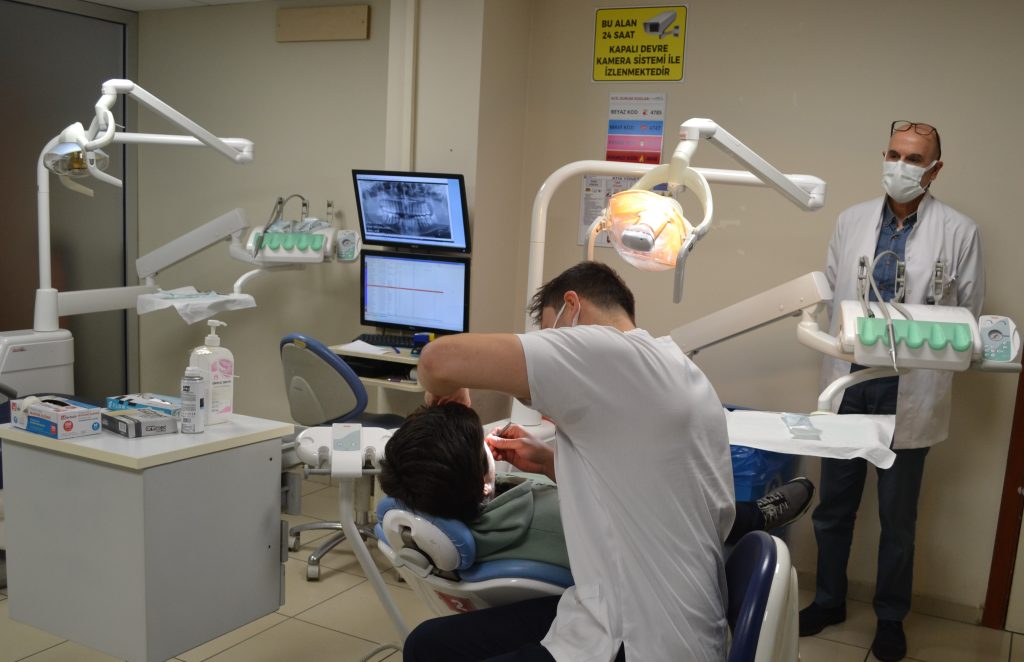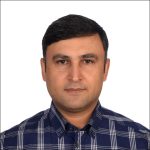In the world of healthcare simulation, much of the spotlight often shines on educators and learners—the visible faces of training. Yet behind every flawlessly executed scenario, from realistic moulage to seamless AV systems, stands a group of professionals without whom nothing would run: the technical staff. In this episode of SIM Moove, hosted by Fouad Marhar, we meet Lucas Denoyel, a leading figure in the French simulation community and one of the architects of the profession of personnel technique. Through his journey, we uncover how simulation technicians shape the very foundation of immersive learning in healthcare.
A SIMZINE exclusive based on SIM Moove podcast interview with Lucas Denoyel
When you walk into a simulation center, what you see are the educators briefing a group of learners, the lifelike mannequins, the carefully crafted patient cases, and the immersive technology that makes everything come alive. What you don’t see—at least not right away—are the people who make all that possible: the technicians, or as Lucas Denoyel prefers to call them, the personnels techniques.
Lucas, based in Lyon, France, has spent the last decade quietly but powerfully reshaping how we understand the technical side of healthcare simulation. His story, shared in conversation with host Fouad Marhar for the SIM Moove podcast, is a window into a profession that’s as essential as it is overlooked.
From Accidental Beginnings to Passionate Advocacy
Lucas didn’t plan to work in simulation. In fact, his background was far from medicine—he studied public law and European project management. His only exposure to healthcare came from his sister’s nursing school anecdotes. Then, by what he calls “a happy accident,” he met Professor Jean-Jacques Lehot, the then-director of the Lyon Simulation Center, who offered him a position as a technician.That was ten years ago. Today, Lucas is not only a veteran of the field but one of its foremost advocates. His enthusiasm is infectious when he talks about simulation, which he describes as “a world you stumble into and never want to leave.”
More Than ‘Technicians’: The Importance of Words
One of Lucas’s first missions has been to redefine the language we use to describe this role. The term technician, he explains, is misleading—it’s both too narrow and too hierarchical. In the French public system, technicien is also a formal rank, often implying an entry-level status. But the people who maintain, operate, and innovate within simulation centers are far from that.
Instead, Lucas and his colleagues prefer personnel technique, a broader and more inclusive term that recognizes the diversity of skills required. “Technician can mean anything,” he says, “but the truth is, there isn’t just one profile.”
From audio-visual specialists to IT experts, moulage artists, biomedical engineers, and logistics coordinators, the technical staff in simulation are multi-talented problem-solvers. Every center’s needs are different, and so are the people who keep them running.
The Invisible Backbone of Every Simulation
As Fouad points out, the technician’s presence is constant. They are the first to arrive and the last to leave. They prepare the equipment, check the systems, charge the batteries, fix the torn simulation tongues, and make sure the cameras are rolling.
“They are the backbone of a simulation center,” says Fouad. “If the pedagogical team is the brain, the technicians are the hands and the nervous system.”
Lucas agrees. “Every specialist should focus on their specialty,” he says. “The educator’s job is not to come in the day before to test the manikin or recharge batteries. That’s why we exist.”
The impact is immediate. Educators experience less cognitive overload during sessions, allowing them to focus on debriefing, observation, and learner engagement—the real heart of simulation. Lucas has seen it countless times: “When a technical team is in place, everything runs smoother. It’s not luck; it’s design.”
Collaboration Begins with Scenario Design
But Lucas’s contribution goes beyond plugging in cables. He and his team are deeply involved in scenario development. “If you write a scenario without consulting the technical staff,” he warns, “you risk creating something that’s just not feasible.”
A common mistake? Designing a case that requires a manikin to perform an impossible task. “It’s not our responsibility if it doesn’t work,” Lucas says with a smile, “but it’s definitely a missed opportunity for the learners.”
That’s why, in Lyon, educators are encouraged to share their drafts early. The technical staff review each new scenario, flagging issues and suggesting creative alternatives. “Sometimes, we can replace a high-fidelity manikin with a standardized patient plus a procedural simulator,” Lucas explains. “It’s cheaper, simpler, and often more realistic.”
The motto, he adds, is simple: Keep It Simple, Stupid. Every layer of complexity adds not only logistical strain but also risk. Simplifying the setup—without diluting the learning goals—is both an art and a science, and the technical team plays a vital role in finding that balance.
From Improvisation to Professionalization
In the early days of simulation, many educators played the role of ad hoc technicians—fixing broken cables, resetting software, or taping plastic wounds onto manikins. Those days are gone.
As simulation becomes more sophisticated—and more central to healthcare education—the need for professional technical staff has become non-negotiable. Lucas has been instrumental in pushing this professionalization forward through education and community-building.
Building the Future: The First University Diploma for Simulation Technicians
One of Lucas’s proudest achievements is the creation of the Diplôme Universitaire des Spécialistes Techniques de la Simulation en Santé—the first university-level program dedicated to simulation technicians. Developed in Lyon with the support of academic colleagues, the program offers a comprehensive overview of the technical aspects of simulation, from AV systems and IT networks to moulage, safety, and logistics.
Lucas explains the philosophy: “You can’t turn someone into an audio-visual engineer or a biomedical expert in a few months. But you can give them a solid foundation across all domains so they know how to function, communicate, and problem-solve in a simulation environment.”
The program welcomes students from all backgrounds—some are paramedics, others come from IT, chemistry, or even pastry-making. What unites them is curiosity, adaptability, and a willingness to learn through practice.
And it’s not just theory. One of the highlights of the course is a collaborative project with the Diplôme Universitaire de Pédagogie par Simulation. Students from both programs must design and execute a simulation together, mirroring real-life teamwork between educators and technicians.
“This exercise forces them to collaborate from the start,” says Lucas. “They have to speak the same language, anticipate each other’s needs, and understand the constraints on both sides.”
Beyond the Center: A Voice in the Simulation Community
Lucas’s influence doesn’t stop in Lyon. As treasurer of the Société Francophone de Simulation en Santé (SoFraSimS), he has helped elevate the visibility of technical professionals within the broader community. His goal: to make it unthinkable to talk about simulation without including the technical perspective.
Under his guidance, SoFraSimS has organized annual pre-conference events dedicated entirely to the technical aspects of simulation. “We started with a dozen participants,” Lucas recalls, “and now we’re over fifty. It’s growing every year.”
These gatherings are more than workshops—they’re lifelines. “If you manage a simulation center and speak French,” Lucas says, “this is your meeting. You’ll find people who understand your problems, your constraints, your little tricks that keep things running.”
He also contributes internationally, having spent time with the World Health Organization’s Academy in Lyon and working on projects in Francophone Africa. “The teams there are incredibly resourceful,” he says. “They remind me that innovation often comes from creativity, not from budget.”
A Third Era for Simulation
As the field matures, Lucas believes we’re entering what he calls the “third cycle” of simulation history. The first era belonged to the pioneers, the second to expansion and adoption. The third, he says, is about regulation and professionalization.
Simulation is becoming mandatory in many healthcare curricula, and with that comes the need for standards, structure, and accountability. “That’s good,” he says. “It means we’re recognized. But we must be careful not to lose the excitement that made this field so special.”
The Power of Community
In the end, Lucas returns to what he sees as the cornerstone of the profession: the network. “There’s a hundred of us now in the francophone technical community,” he says proudly. “We share, we troubleshoot, we support each other—through WhatsApp, through conferences, through friendship. No one should feel alone in this job.”
His message is simple and heartfelt: reach out, connect, and learn from others.
Because in the world of simulation, as in healthcare itself, teamwork saves the day.
Full conversation available in French on SIM Moove
READ ALSO































